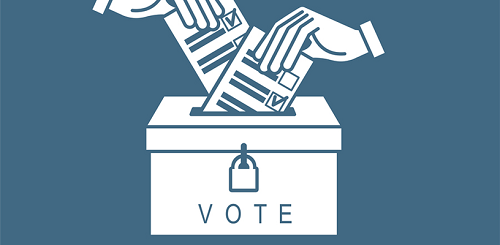Elections Tips

An election brings many opportunities to relate curriculum to real life. Whether it is a local or national election, here are some ideas to try before and after Election Day.
1. Discuss how the commercials for each candidate have been written to persuade. Analyze the graphics, text, and tone of the voiceover. Try rewriting a commercial so that it does NOT persuade.
2. Discuss how television affects the debates. If you loved this post and you would certainly like to get even more details regarding Abraham Lincoln Songs kindly browse through the web site. Try having two students debate a question with an audience and then listen to two other students debate an issue on an audio tape. Was there a discernible difference? Which was more effective?
3. Discuss campaigning. What do you think the candidates are learning about our country and its citizens? What do you think is the effect on their families? Try having an election in your own class, starting with a caucus, and go through the entire process.
4. Practice main idea, supporting details, and outlining by researching one issue for both candidates. Make a Venn diagram to see if there are any similarities in views.
5. Reinforce map skills by knowing the key for red and blue states and the location of states. Which area of the country had the most votes for a particular candidate?
6. Younger children can count the number of states in each color while older children can add the number of electoral votes represented by the different states in each color. They can add the votes in particular regions and compare them with greater-than and less-than symbols. If children can regroup, have them determine the difference between the popular votes and electoral votes for each candidate. Let them make a graph of states' votes.
7. Have children alphabetize names of states that voted for a particular candidate. Sequence the process of an election. Predict what will happen if one or the other candidate wins.
8. Critically think about how to bring people together after a close election. How would your students do it?
I hope these ideas are useful and have inspired your own creative thinking.
And remember...Reading is FUNdamental!!
